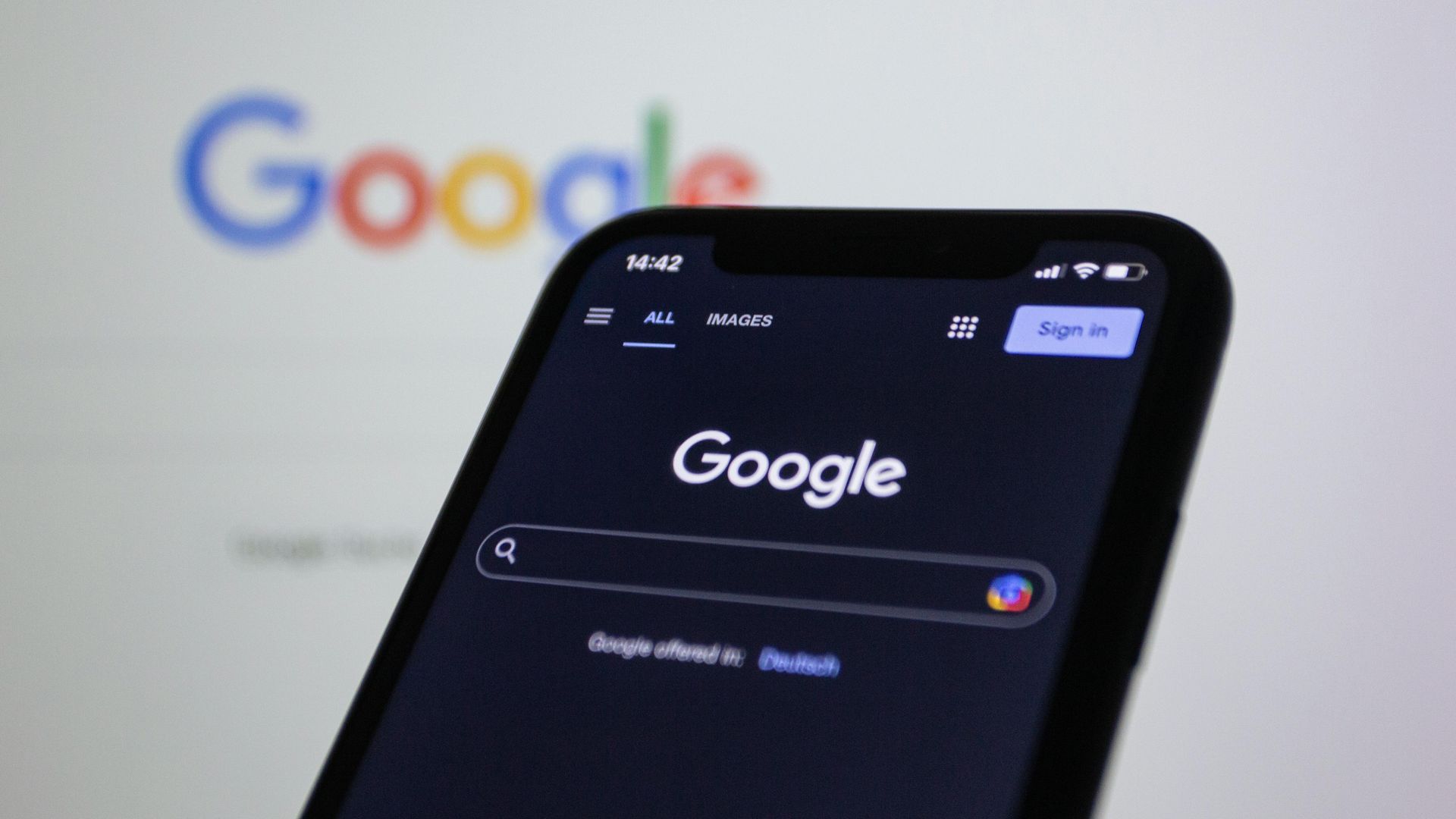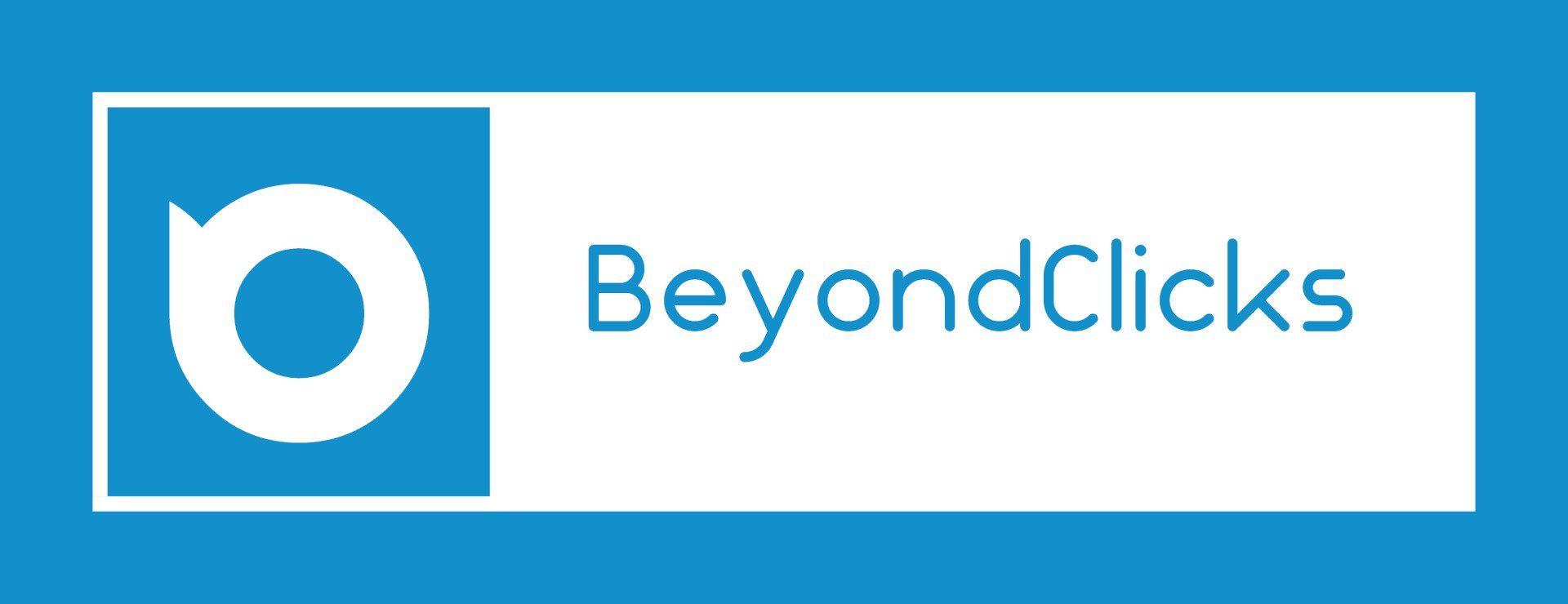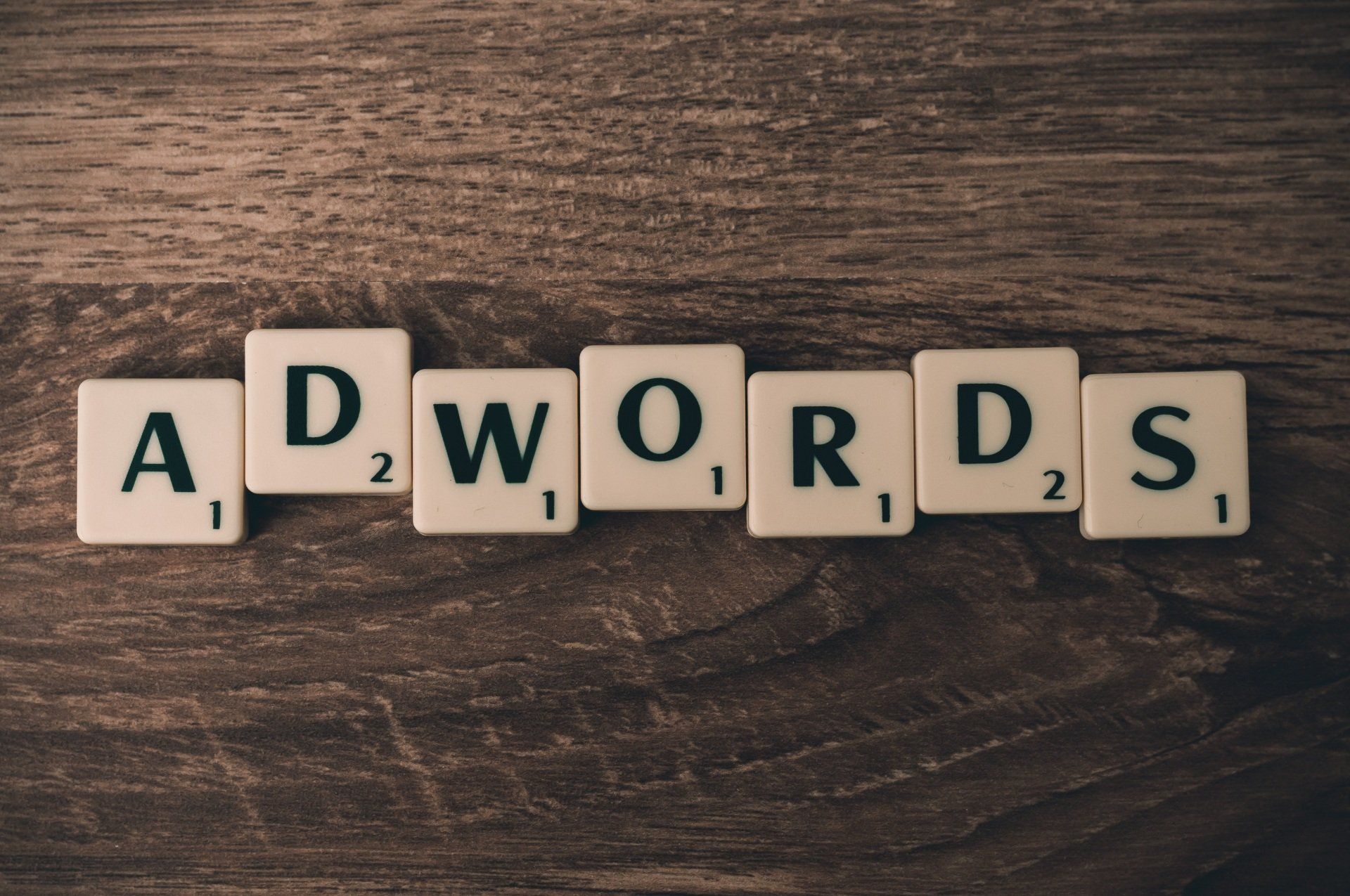Social Media Ads: Are They Effective?
You may have heard that Apple made changes to its privacy policy that affect the effectiveness of social media ads, including Facebook ads, TikTok ads, Twitter ads, YouTube ads, and more on all iOS mobile devices. Just in case if you are not aware, Apple made the changes to its privacy policy in April 2021 by launching a new feature called App Tracking Transparency through the release of iOS 14.5.
According to
a report by Forbes, this change is expected to cost Meta (previously Facebook), for instance, up to $10 billion. You may ask what does this have to do with advertisers? And here's how...
1. iOS users can now block social media apps from tracking their browsing history
With iOS 14.5 or higher version, Apple will prompt a message to iOS users and they will have the option to "Ask App Not to Track". Once users selected that option, Apple will stop sending the user identifier to the concerned app and the app will not be able to track the users any further.
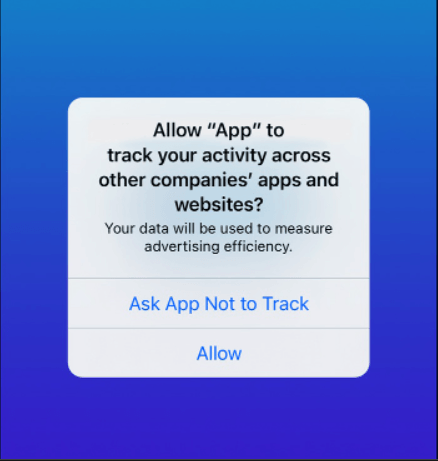
2. Limited targeting capabilities
Prior to the changes, social media apps such as Facebook could track user behaviour and the browsing history not just on Facebook properties, but across the web. Why this is important? It's important because it provides the strongest intent signal to Facebook that a particular user has been browsing content related to, say, hair loss prevention or treatment and that he / she will be more likely to take an action if being shown a relevant product on Facebook properties.
Using hair loss prevention or treatment as an example, now imagine if you sell hair loss prevention medication and when you promote your product on Facebook properties, you could use the "Interests" targeting and target "Hair Products", for instance. And, due to Facebook could track user behaviour across the web, your ad ROI will be higher as Facebook could deliver your ad to the users who have shown the strongest interest to "Hair Products".
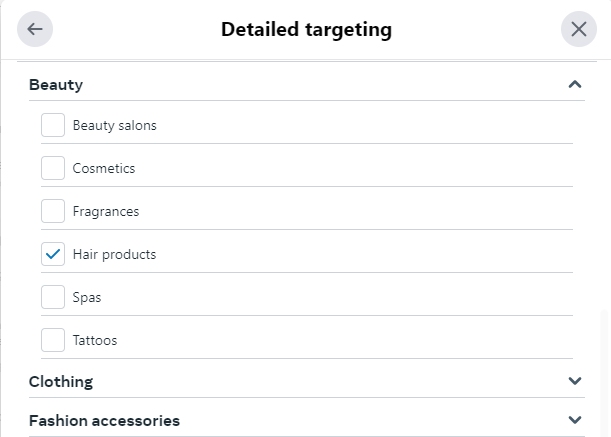
Post changes, the intent signal is weakened because Meta could only track iOS users who browse and show interest in "Hair Products" only on Meta properties, such as Facebook, Instagram, Facebook Messenger. Therefore, advertisers should expect and would see certain degree of decrease in their ads ROI.
3. Decrease in ad performance and higher cost per action
Due to limited targeting capabilities, Meta advertisers will, over time, see their ad performance declines and the cost-per-action increases. This is due to the weakened ability to deliver personalised ad to the right audiences at the right time and frequency.
4. Audience insights and predictions become inaccurate
Data, such as age, demographics, geography, will no longer be supported. This presents a huge challenge for advertisers to further optimise their Facebook campaigns to bring down the cost whilst increasing the number of actions. Additionally, for advertisers, who previously relied heavily on the "Estimated daily results", may have to change their mindset and take the estimated numbers with a pinch of salt.
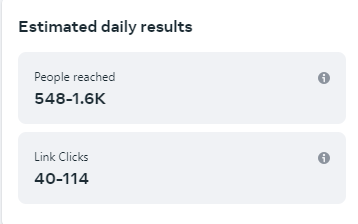
With ad performance declines, as a marketer, you may be asking: should I then channel all my marketing budget out of social media platforms?
There is no concrete answer to that question as it all boils down to the campaign objectives, how the social media campaigns are managed and optimised, the level of tolerance on the ROI impact, and more. You may want to inform your internal stakeholders such as your CMO, Board of Directors, investors on the impacts so that they are all aware and aligned with the best media channel strategies.
Ready to grow your business?
Contact Us
